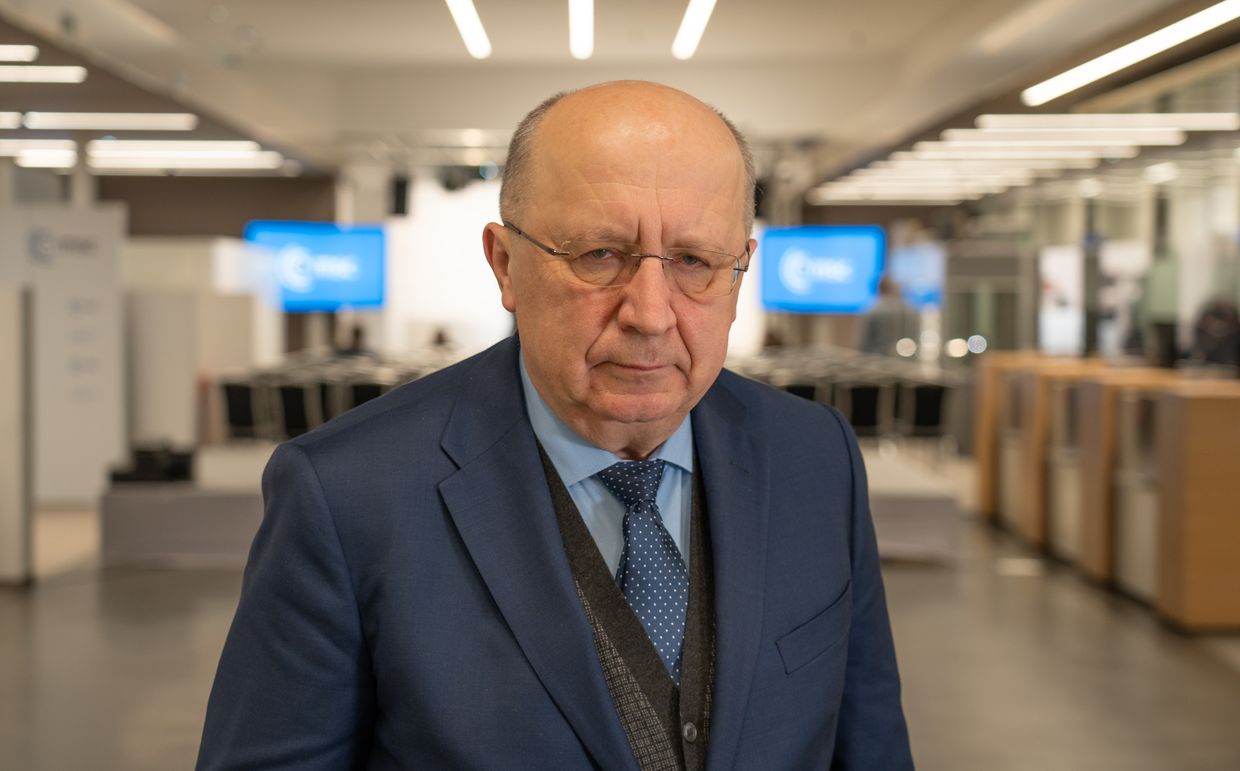CDU/CSU wins German elections as Merz calls for Europe's autonomy

Editor's note: The article was updated with the latest election results and President Volodymyr Zelensky's reaction.
Germany’s center-right CDU/CSU is set to return to power, with the far-right Alternative for Germany (AfD) emerging as the second-largest party, according to preliminary results of the Feb. 23 parliamentary elections.
The snap election was driven by concerns over immigration, economic issues, and Donald Trump's return to the U.S. presidency.
Cheers erupted at CDU headquarters on the evening of Feb. 23 as exit polls confirmed the opposition party’s victory, according to CNN. Outside the building, a small group of demonstrators protested against CDU leader Friedrich Merz’s stance on immigration.
Declaring victory, Merz addressed supporters in central Berlin, saying, "Let’s get the party started," signaling his intent to begin coalition talks swiftly.
With 28.5% of the vote, Merz is expected to become Germany’s next chancellor. A staunch conservative who has never held government office, he will lead Europe’s largest economy. The AfD secured 20.8%, an unprecedented result for the far-right party, which has long been considered extremist.
The elections spelled a historic defeat to the incumbent center-left Social Democratic Party (SPD), which came in third with 16.4%. The environmentalist Greens and the Left Party also entered the Bundestag with 11.6% and 8.8%, respectively.
The centrist Free Democratic Party (FDP) and the Ukraine-skeptic left-wing Sahra Wagenknecht Alliance (BSW) failed to cross the 5% threshold needed to win parliamentary representation.
"I congratulate the CDU/CSU and (Friedrich Merz) on their victory in the Bundestag elections. A clear voice from the voters, and we see how important this is for Europe," President Volodymyr Zelensky said.
"We look forward to continuing our joint work with Germany to protect lives, bring real peace closer to Ukraine, and strengthen Europe."
The German elections came amid growing uncertainty about the U.S.'s commitment to Europe's and Ukraine's security. Merz expressed doubts about NATO’s future following recent comments from the Trump administration.
"I would never have thought that I would have to say something like this in a TV show but, after Donald Trump’s remarks last week... it is clear that this government does not care much about the fate of Europe," he told German broadcaster ARD. He also questioned whether NATO would remain intact by the June summit and stressed the urgency of building an independent European defense strategy.
Known for his hardline stance on Russia, Merz has supported sending medium-range Taurus missiles to Ukraine, a move the outgoing Chancellor Olaf Scholz has firmly opposed.
On Feb. 21, Merz criticized Trump's recent statements on Ukraine, calling them "shocking" and aligned with Russian narratives. "This is the Russian narrative; this is how Putin has presented it for years, and I'm frankly shocked that Donald Trump has now apparently embraced it himself," Merz added.
While achieving the strongest result, CDU/CSU does not have enough seats to secure a parliamentary majority on its own and will need a coalition partner to build a government.
Merz has already rejected the possibility of a coalition with the AfD, leaving a grand alliance of CDU/CSU and SPD or a three-way coalition with the Greens the most likely outcome.















